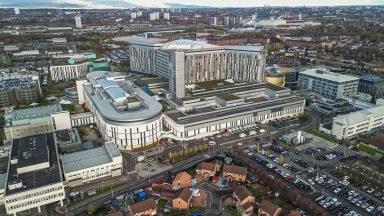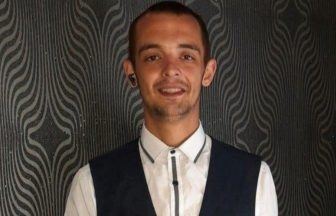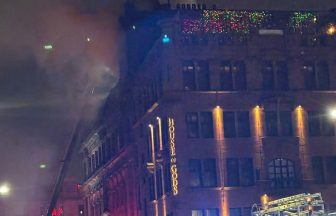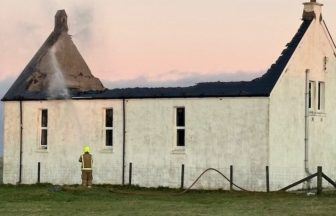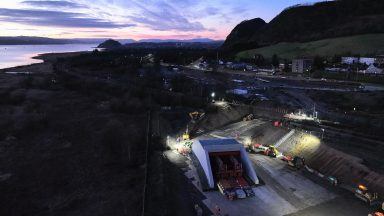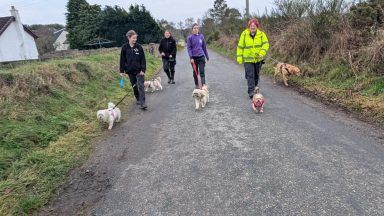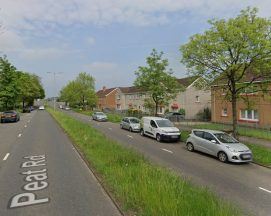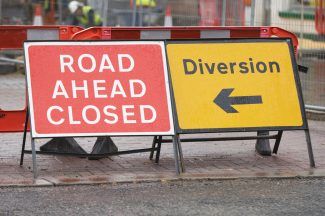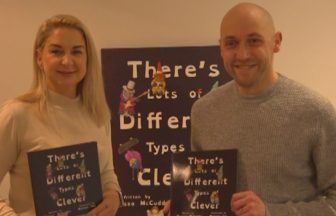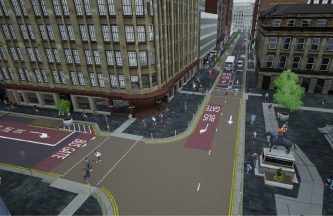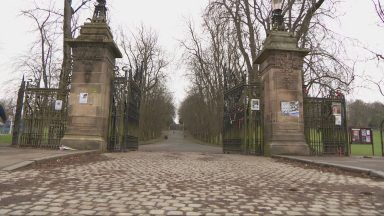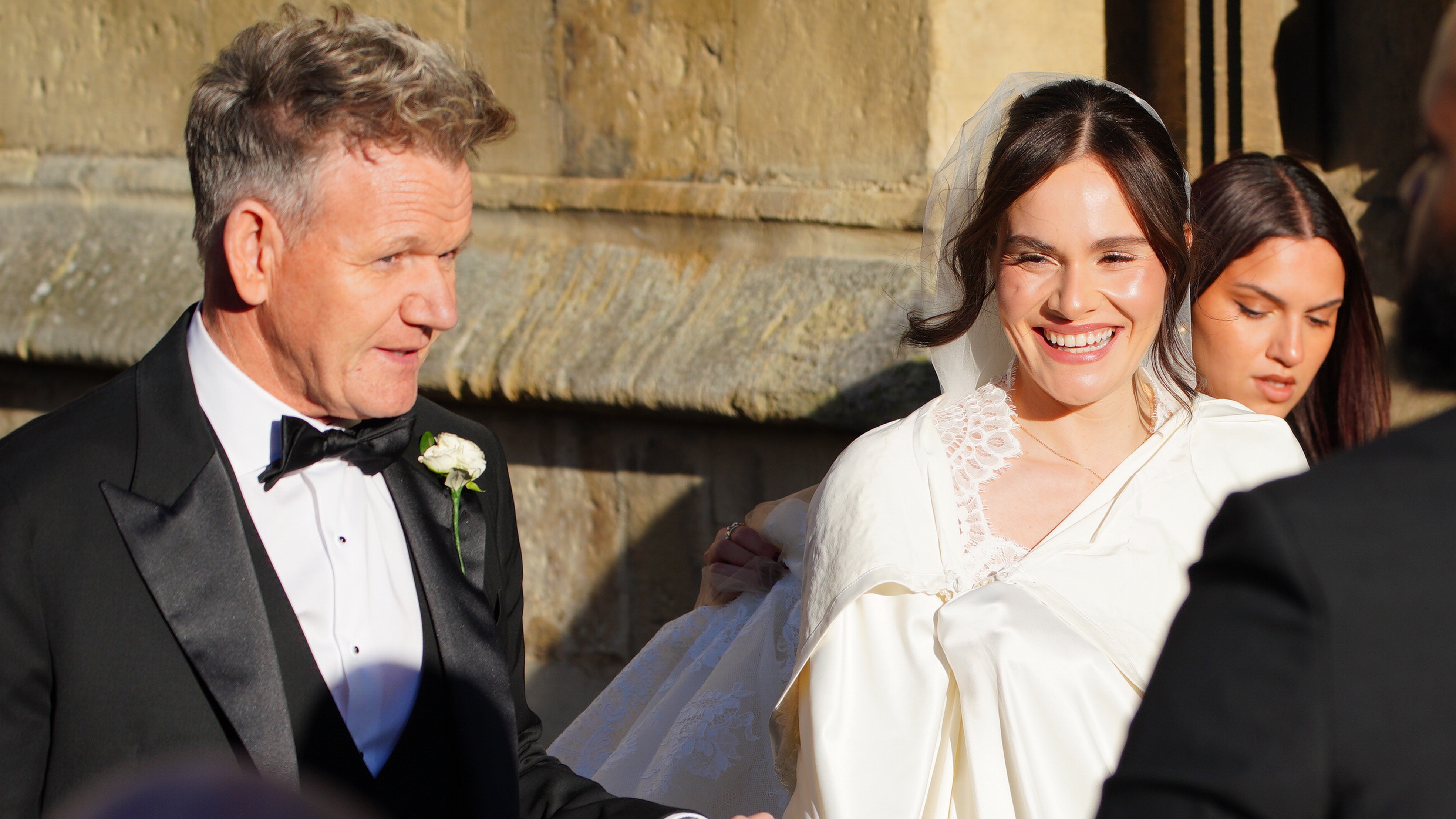The commander of Glasgow’s police has said he stands by the response to “serious public disorder” during Rangers fans’ title celebrations in George Square – but admitted the scenes of violence were “not a good day for the city”.
Chief superintendent Mark Sutherland, divisional commander for Greater Glasgow, said that heavy handed policing can provoke crowd conflict, rather than prevent it, and said officers had initially encouraged the crowd to disperse.
Thousands of fans flocked to George Square in May to celebrate Rangers’ success despite Covid restrictions. More than 40 people have now been arrested following crowd trouble.
Chief superintendent Sutherland said: “We will always try a graduated response, where we start with the lowest level of tactic and begin to escalate that where appropriate.
“I still stand by the police action that was taken on that particular day and in most, indeed all, events in Glasgow.
“We always try to make sure our policing response is proportionate, that it is necessary, that it doesn’t cause a situation to become worse rather than better.”
He was speaking during a presentation to the Safe Glasgow Partnership, which includes city councillors, on policing protests.
The partnership heard how officers must consider the principles of the European Convention on Human Rights, including freedom of assembly and expression.
“Public order and public safety policing isn’t easy,” he said, adding a key objective was to “make sure the police action doesn’t escalate the disorder”.
He said heavy handed policing can provoke crowd conflict. “That’s something we are very mindful of as we progress through such events.”
Up until about 8pm, fans had largely gathered to celebrate their team’s victory, CS Sutherland added.
Although the gathering was “extremely unpopular at the time of a Covid pandemic”, the intention of those who gathered “was actually largely peaceful for a long period of time”.
“There was some low level damage, there was some low level disruption to the community, but nothing to the extent where it would have been proportionate for a strong show of force by the police.”
Later in the evening, disorder, damage and disruption to the community “began to bubble up”.
Attempting to prevent the crowd tipping into disorder “sometimes means unfortunately that the police are a step behind what’s happening in front of us”.
He believes police interfered with people’s rights “at the appropriate time” and “once the actions of the crowd were sufficiently violent and it was right for us to do that”.
He added: “Policing and managing large crowds and managing risks quite simply isn’t easy. That day, while I stand by the decisions made, it was not a good day for the city.
“It was not a good day for everybody who is involved in keeping Glasgow safe and trying to make Glasgow an attractive and usable city.”
An independent advisory group, set up by the Scottish Police Authority, found the police approach had been “informed by, and consistent with, relevant human rights principles and considerations, in particular, lawfulness, necessity and proportionately”.
Chief superintendent Sutherland said: “We saw an unpopular event that caused disruption. In my view, it was still dealt with in a proportionate and necessary manner despite the unfortunate look and image that it had for the city.”
Story by local democracy reporter Drew Sandelands
Follow STV News on WhatsApp
Scan the QR code on your mobile device for all the latest news from around the country


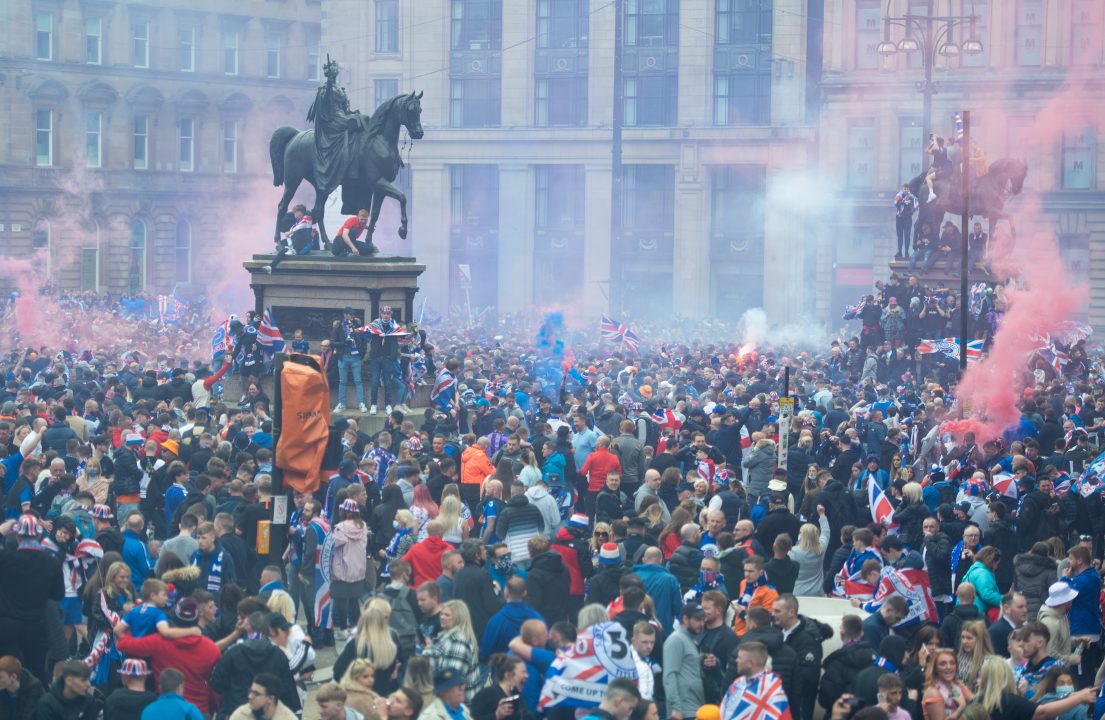 SNS Group
SNS Group

